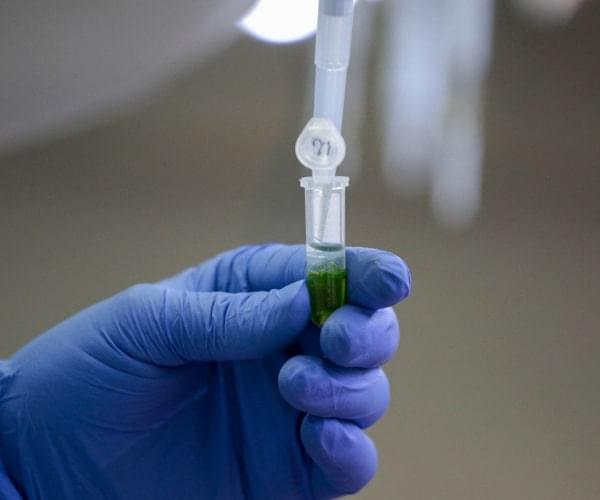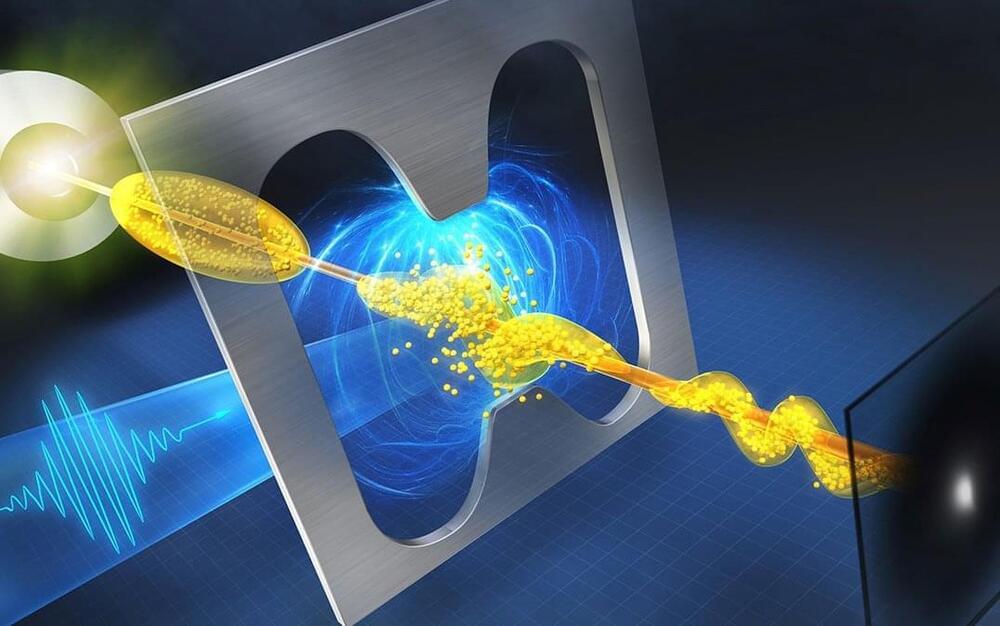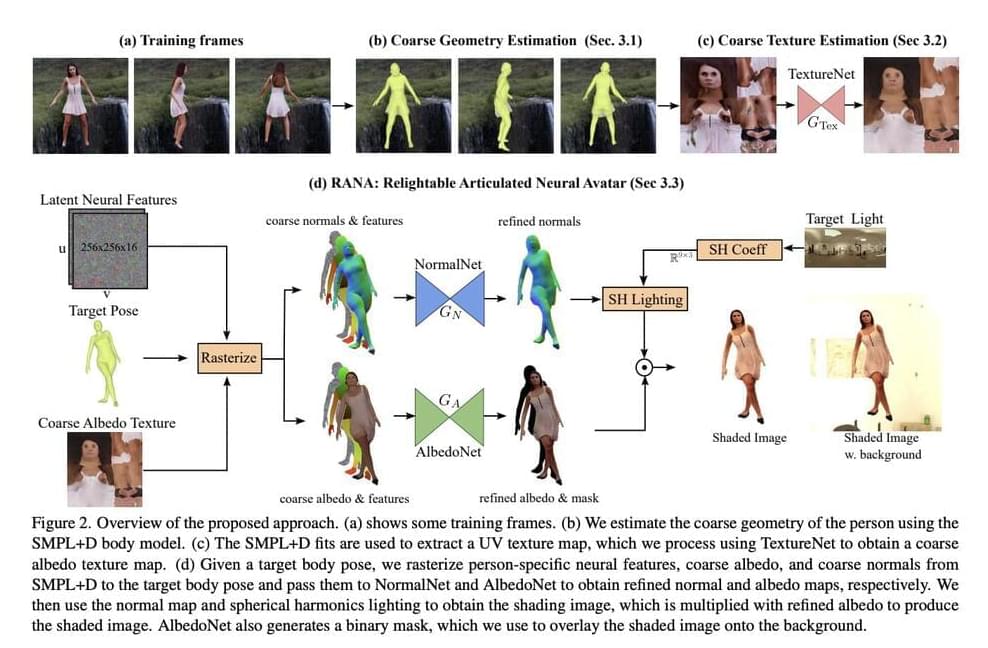Get the latest international news and world events from around the world.


Scientists Discover Four Critical Genes Tied to Suicide
A study published Wednesday in the JAMA Psychiatry journal shows that four key genetic variations are more common in military veterans who have taken their own life or considered it.
Scientists from Duke University in Durham, North Carolina, found the pattern while analyzing blood samples from a database that included 633,778 U.S. veterans, cross-referenced with the International Suicide Genetics Consortium of more than 549,000 individuals.
The obtained samples were sequenced to create genetic profiles compared to participants’ medical records, showing that 121,211 recorded cases of attempted suicide or thoughts about killing themselves.


Opinion: Bioethicists Should Not Control Your Body
Well… that’s me uninvited to the bioethicist’s christmas party…
Bioethicists frequently dictate what patients can and cannot do with their own bodies, and yet the general public very rarely questions this. Maybe it’s time we started to question what right bioethicists have to dictate what we can and cannot do with our own bodies?


A message that resonates
Researchers from the University of Tsukuba have shown how adding a tiny resonator structure to an ultrafast electron pulse detector reduced the intensity of terahertz radiation required to characterize the pulse duration (ACS Photonics, “Streaking of a Picosecond Electron Pulse with a Weak Terahertz Pulse”).
To study proteins—for example, when determining the mechanisms of their biological actions—researchers need to understand the motion of individual atoms within a sample. This is difficult not just because atoms are so tiny, but also because such rearrangements usually occur in picoseconds—that is, trillionths of a second.
One method to examine these systems is to excite them with an ultrafast blast of laser light, and then immediately probe them with a very short electron pulse. Based on the way the electrons scatter off the sample as a function of the delay time between the laser and electron pulses, researchers can obtain a great deal of information about the atomic dynamics. However, characterizing the initial electron pulse is difficult and requires complex setups or high-powered THz radiation.
Neurobiology Understanding the Big 6 Neurotransmitters
What are #dopamine, #serotonin, norepinephrine, glutamate, #GABA, acetylcholine? What does dopamine do?
📢SUBSCRIBE and click the BELL to get notified when new videos are uploaded.
💲 AllCEUs.com Unlimited continuing education CEUs $59
💻 Online course based on this video can be found at AllCEUs.com/NEURO-CEU https://www.allceus.com/member/cart/index/product/id/96/c/
⭐ Specialty Certificate Programs for Case Management and Counselor Certification beginning at $89 https://AllCEUs.com/certificate-tracks.
Join this channel to get access to perks:
https://www.youtube.com/channel/UCAE3JJi8tX7gfhZEXCUGd_A/join.
NOTE: ALL VIDEOS are for educational purposes only and are NOT a replacement for medical advice or counseling from a licensed professional.
Video by Dr. Dawn Elise Snipes on integrative behavioral health approaches including counseling techniques and skills for improving mental health and reducing mental illness.
AllCEUs.com provides multimedia counselor education and CEUs for LPCs, LMHCs, LMFTs and LCSWs as well as addiction counselor precertification training and continuing education on many of the videos on this channel. Unlike other providers like CE4Less, AllCEUs includes a weekly LIVE Stream Webinar with your unlimited continuing education and professional development membership.
Objectives.

NVIDIA Researchers Present ‘RANA,’ a Novel Artificial Intelligence Framework for Learning Relightable and Articulated Neural Avatars of Humans
Human-like articulated neural avatars have several uses in telepresence, animation, and visual content production. These neural avatars must be simple to create, simple to animate in new stances and views, capable of rendering in photorealistic picture quality, and simple to relight in novel situations if they are to be widely adopted. Existing techniques frequently use monocular films to teach these neural avatars. While the method permits movement and photorealistic image quality, the synthesized images are constantly constrained by the training video’s lighting conditions. Other studies specifically address the relighting of human avatars. However, they do not provide the user control over the body stance. Additionally, these methods frequently need multiview photos captured in a Light Stage for training, which is only permitted in controlled environments.
Some contemporary techniques seek to relight dynamic human beings in RGB movies. However, they lack control over body posture. They need a brief monocular video clip of the person in their natural location, attire, and body stance to produce an avatar. Only the target novel’s body stance and illumination information are needed for inference. It is difficult to learn relightable neural avatars of active individuals from monocular RGB films captured in unfamiliar surroundings. Here, they introduce the Relightable Articulated Neural Avatar (RANA) technique, which enables photorealistic human animation in any new body posture, perspective, and lighting situation. It first needs to simulate the intricate articulations and geometry of the human body.
The texture, geometry, and illumination information must be separated to enable relighting in new contexts, which is a difficult challenge to tackle from RGB footage. To overcome these difficulties, they first use a statistical human shape model called SMPL+D to extract canonical, coarse geometry, and texture data from the training frames. Then, they suggest a unique convolutional neural network trained on artificial data to exclude the shading information from the coarse texture. They add learnable latent characteristics to the coarse geometry and texture and send them to their proposed neural avatar architecture, which uses two convolutional networks to produce fine normal and albedo maps of the person underneath the goal body posture.
Dr Loren Matheson, PhD — Centre for Security Science, DRDC — Leading Canada’s Safety & Security R&D
Leading Canada’s Bio-Safety & Security R&D — Dr. Loren Matheson PhD, Defence Research and Development Canada, Department of National Defence.
Dr. Loren Matheson, Ph.D. is a Portfolio Manager at the Center For Security Science, at Defence Research and Development Canada (DRDC — https://www.canada.ca/en/defence-research-development.html), which is a special operating agency of the Department of National Defence, whose purpose is to provide the Canadian Armed Forces, other government departments, and public safety and national security communities with knowledge and technology.
With a focus on the chemical and biological sciences at DRDC, Dr. Matheson develops and leads safety and security R&D projects with government partners, industry and academia. In addition, she spearheaded an effort to establish a virtual symposium series, developed communications products to explain their program to national and international partners, and helped established a science communication position.
Dr. Matheson previously served as both a senior science advisor within the Office of the Chief Science Operating Officer, and National Manager, Plant Health Research and Strategies, at the Canadian Food Inspection Agency.
After 10 years consulting as a grants facilitator in clinical research, Dr. Matheson moved to the public service to pursue interests in science policy and security science.